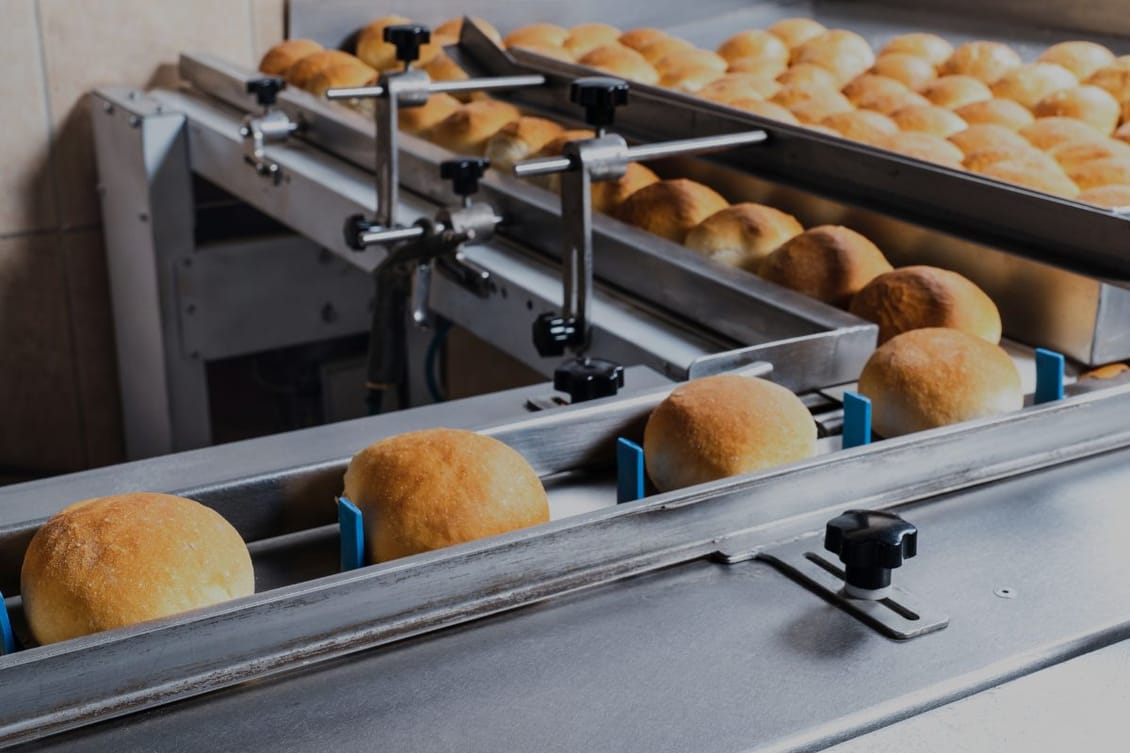
The UN Food and Agriculture Organisation (FAO) estimates that we’ll need 70% more food to feed the world’s predicted population of 9.6 billion people by 2050 – and critically, that food must be produced sustainably.
To achieve this, food manufacturers must develop new, innovative food processing solutions that enable reliable, global, and sustainable supply chains. And in 2024, food innovators are rising to the challenge.
Here are just a few of the food processing solutions with the potential for major market impact.
Swedish processing and handling firm Alfa Laval has created a new, innovative heat exchanger, the Hygienic WideGap. It’s a pioneering alternative to conventional processing tech, which has the potential to cut emissions in half for the processing of liquid foods that contain fibres and particles.
The system’s patented design can be used to process a range of F&B products, including (but not limited to) dressings, plant-based drinks, crushed tomatoes, and juices with pulp. It’s 50% more energy efficient than comparable, conventional technologies; combining optimal heat recovery, 55% less steam consumption, and 15% lower power consumption.
High-pressure processing (HPP) enables food manufacturers to kill harmful enzymes and microorganisms in food products without the need for high heat.
It’s an innovative non-thermal food processing technology that enables the production of safe food at room temperature – which has the added benefit of maintaining the nutritional content of food products.
Sealed food products are put under elevated pressures of between 300 and 600 megapascals (MPa), which is proven to effectively kill pathogens and enzymes that would conventionally have been treated with high heat. At the same time, the products’ colour, texture, flavour, and nutritional value is maintained.

Precision fermentation is changing the way animal-free dairy proteins, egg proteins, and other ingredients can be processed and preserved – to maximise the nutritional value of food products.
In an optimised fermentation process, specific proteins are produced using microbial fermentation, which leverages genetically modified microorganisms to efficiently produce target molecules.
This enables the production of a range of products, including animal-free dairy proteins, at scale – creating sustainable food sources with a high nutritional value.
Another non-thermal food processing technology gaining traction in the industry is Pulsed Electric Field (PEF) tech.
Short bursts of electrical energy are applied to food products in order to disrupt the membranes of cells, effectively sterilising the food through a process known as electroporation.
In particular, it’s been found to significantly improve the tenderness of meat; and it has the potential to transform the way we process and preserve other products too. It deactivates certain enzymes and microorganisms that enable longer shelf-life and improved product quality, and it can also enhance the efficiency of extraction processes – for example, effectively extracting sugar from plant products like grapes, beetroot, or apples.
As the world’s population continues to grow, we need efficient food processing technologies that help to create highly nutritious foods that can be stored for longer. The market for pioneering processing solutions is dynamic and growing, creating lucrative opportunities for processing developers.
It’s one of the key ways in which the F&B industry is central to future stability for countries around the world.
Take your seat at the InFlavour table, a government-backed and world-leading B2B food event by Tahaluf.
E-mail address SubmitWant to keep up to date with all our latest news and information? Enter your name below to be added to our mailing list.
E-mail address Submit